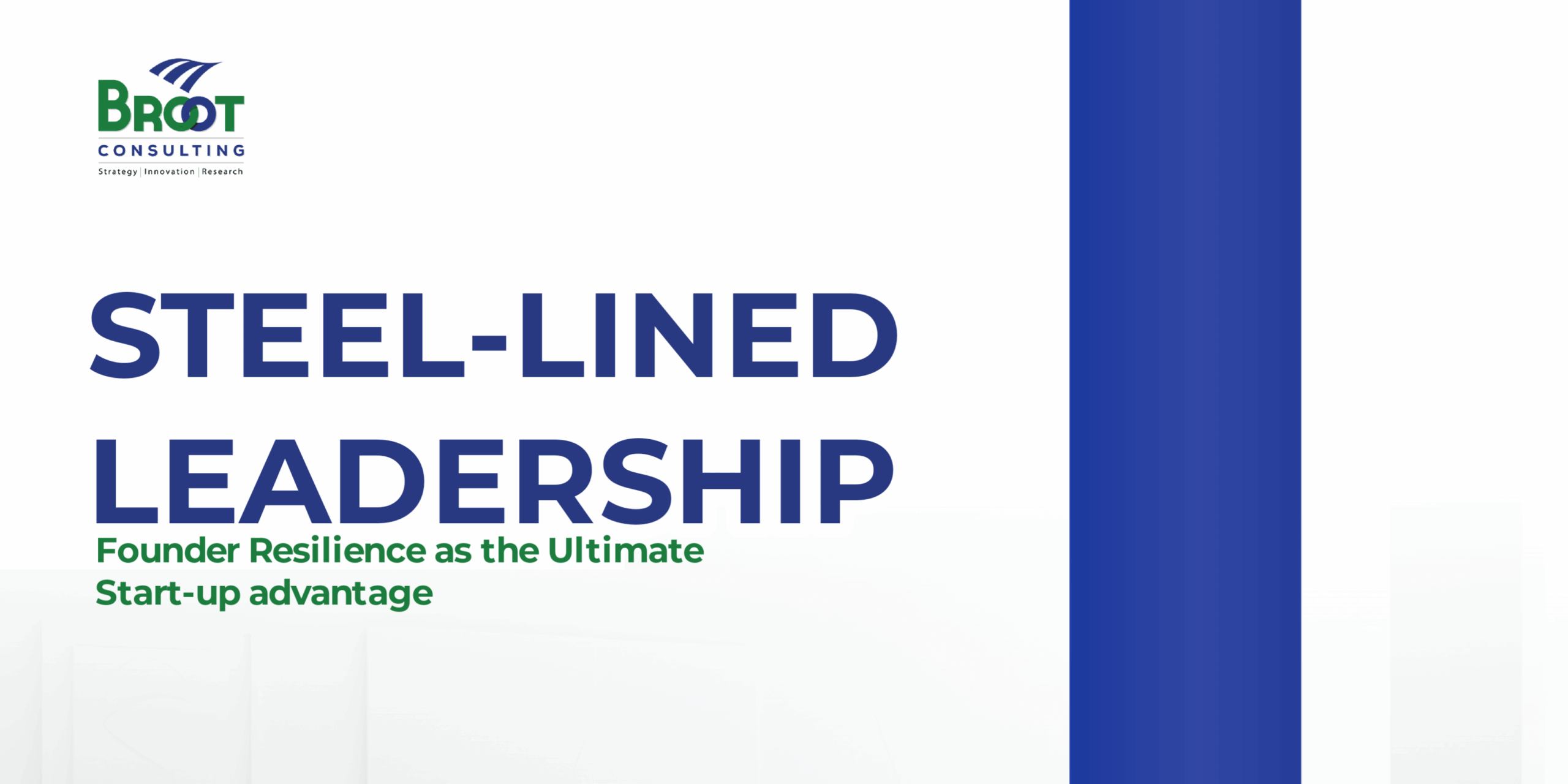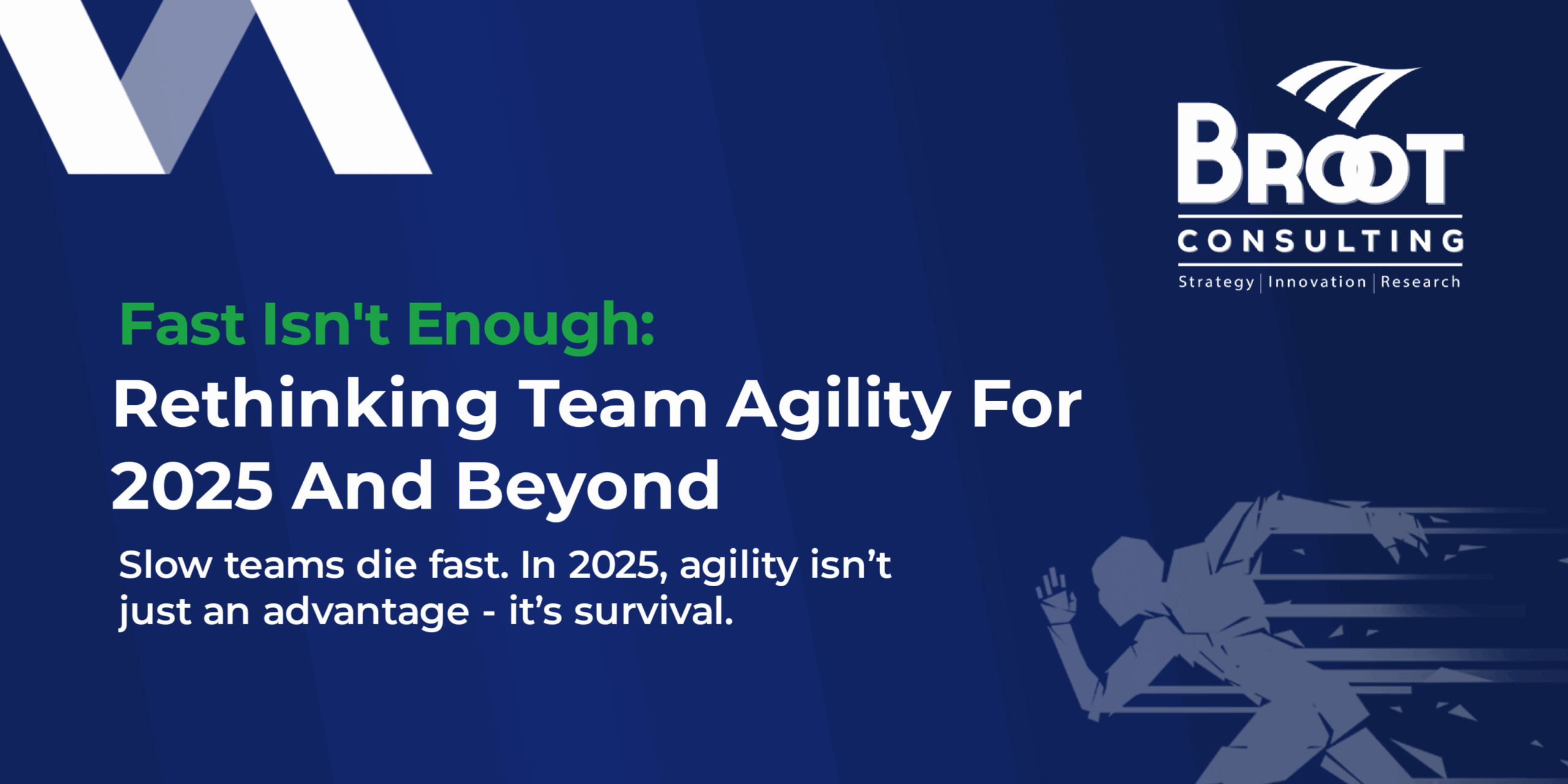What is your take on Organisation politics?

When it comes to organisational politics, what is your view? The general perception is that it is a murky and dirty water, a terrain full of manipulative and divisive acts, evil machination if you like. Many see it as a waste of time and something to be abhorred. To some, however, it is a tool for erecting ladders and building bridges for critical relationships with people of power and influence whose actions may impact your business or career. However, you feel, it is a very big mistake to ignore or avoid that which may affect our interest. Adopting a siddon-look approach can never be the solution as well because anything that affects our collective or individual interest should interest us.
To the political scientist, politics is the “art of the possible”. I started and ended my salaried career with a strong principle of being above politics and go against anything that is not purely based on merit. I make ‘bold’ to say that I never sought anybody’s favour, lobbied or even asked anyone for promotions, appointments or pay rise. Without political schmoozing, strategic positioning lobby and networking, which are required to advance career beyond a particular glass ceiling, I was still able to end my employment career in the C-suite. Today I ask myself if I had not limited myself to a strict principle of merit and assumed the apolitical stance, wouldn’t I have achieved much more than I did and make a more meaningful impact?
I adopted the same apolitical and a merit principle in running my consulting business. Though I was mostly friendly with all and sundries. I, however, chose to allow my proposal and the quality of my offerings to speak for themselves. Therefore, no serious follow up were made, because of my principle of “if they need it, they will call for it”. Unbeknown to me, a little massaging of the approving authorities’ egos could have easily swayed decisions or fast tracked the decision in my favour. In business, I quickly realised that the wise saying of the race not to the swift nor the battle to the strong holds. The hard fact, the best proposal is never guaranteed to win the business. Amazon just lost a $10billion defence contract to Microsoft despite the fact that it holds the market position of the best cloud computing service. My question again, should you be involved in office or business politics?
Why you should not ignore office politics

The downside to my apolitical stance was that I was unnecessarily disliked and accused of arrogance, among other things. I had unnecessary opposition. Fortunately, most of them became friends after I came out of the office, and they hilariously mocked my political naivety. Yes, competence may help you to push your ideas through but at what cost does it come without having the critical networking skills? The politically savvy gets ahead in life because they can connect, negotiate, engage, persuade and sometimes sweet-talk the decision-makers, those whose opinion can affect their prospects and interest. Isn’t it time we begin to challenge some of our principle and philosophies regarding our views on office politics? If the good and the smartest abstain from the politics in business and organisation, then the good and the brightest will end up being led by less competent, committed, truthful and people with below the average IQ? Is politics in itself nasty?
Andrew Wefald argues that organisational politics is about building a connection with other people. Harold Laswell, a leading American political scientist and communications theorist, saw it as the unwritten rules that determine who gets what, when, and how and who doesn’t. In their HBR article Playing Office Politics Without Selling Your Soul of September 14, 2017, Robert, B. Kaiser, Tomas Chamorro-Premuzie and Derek Lusk agreed that the wrong perception made us dislike politics especially when we think that our fate depends on unwritten rules that often conflict with the official and stated rules. We got disgusted to think that the system is rigged, therefore putting us in an unfair and disadvantaged position.
Bad Politics versus Good Politics
We abstain from politics because of its potential to create toxicity in the workplace, which often is mired in manipulation, wrangling, maneuvering, sucking up, backstabbing and rumour-mongering. Practitioners of bad politics employ all of the above-enumerated points to advance themselves at the expense of others or the organisation. It is terrible politics when you promote yourself through behaviour that causes harm to others. Good politics, however, enable you to advance your interest without trampling or subdue the right or legitimate interest of others. Good politics facilitate getting recognition for your contributions, putting your brilliant ideas across the right channel with the view to have them taken seriously. Good politics is about influencing the decision and thought positively. Kaiser, Chamorro-Premuzie and Lusk stated that it may involve gossip about selfish, lazy, or untrustworthy coworkers who undermine the greater good. As long as it also serves a higher purpose, there is nothing wrong with advancing your interests, too.
The way forward to honing your political skill

Politically connected people are a significant asset to the organisation in growing the business and rescuing the organisation in times of trouble. Business needs politically smart people – they are not just perceived as better performers; they actually make the organisation more effective.
- Be Loyal to the Boss and Nice and Pleasant to the Rest: It is a mistake to curry the boss’s favour and neglect the interest and opinion of others. The politically savvy are loyal to their bosses and also nice to the Rest. With that, the boss sees them as dependable, and the rest sees them as approachable and pleasant. Therefore, they get the buy-in of the Rest and when the boss is gone they have nothing to be afraid of because they have constructed ladder across various levels.
- Humble yourself because competence could breed arrogance: Never forget that political skill has a way of compensating for not being the best in class, what a friend of mine usually called “the revenge of the D students”. Some are clearly not the smartest in the class, however, they end up dominating the political and economic landscape because they got something that is missing in your hard-earned competence. They always have an excellent interpersonal skill. Indifference to organisational politics is only at your peril because people with political power can disrupt hard-working people.
- Be sociable and Street Smart: People with political intelligence do one thing better than those without. They know how to network, they get things done very quickly, find people to support their ideas and projects through interpersonal relationship. They obtain this by being available for functions and responsibilities. Ferris, Treadway, et al., 2005 identified social astuteness as a must-have the trait to be politically skilled. Social astuteness enables you to adjust your behaviour to different and changing situational demands in a manner that appears to be sincere, inspires support, trust, and effectively influences and controls the responses of others. Street Smart people have the ears to the ground; they know what goes on in their environment and exercise good judgment in respect to people, place and scenarios.
- Kill the Whining and Complain Mentality: Take it as it is, absolute fairness and merit system is a mirage that will never be practical. Rather than complaining and whining about the situation, you make need to reposition yourself for relevance. People that whine and complain too much have the reputation of either being perceived as losers, incompetent or critics, the best way to correct a situation is to be involved with a solution mentality.
- Develop Interpersonal influence: Interpersonal influence brings unofficial power. Politically skilled individuals have an unassuming and convincing stance, they may be labelled as the cabal, mafia and what have you, however, what cannot be taken away from them is the fact that they know how to adapt and calibrate their behaviour to different situations to get the desired outcome.
Conclusion
Even if you do not want to play office politics to get the advantage over others, play it to protect and advance your interest. It is better to have an ability and choose when and how to use it rather than not having the ability at all. In Playing office politics Kaiser, Chamorro-Premuzie and Lusk counselled that the most effective way of dealing with office politics is to engage in them, play the game, instead of complaining about it. The world does not operate by merit alone and being politically naïve only places you in a disadvantaged position. The political skill enables you to understand your colleagues at work; it forces you out of your comfort zone. It interacts with others in a meaningful way using your knowledge of them to enhance both your interest and that of the organisation.




